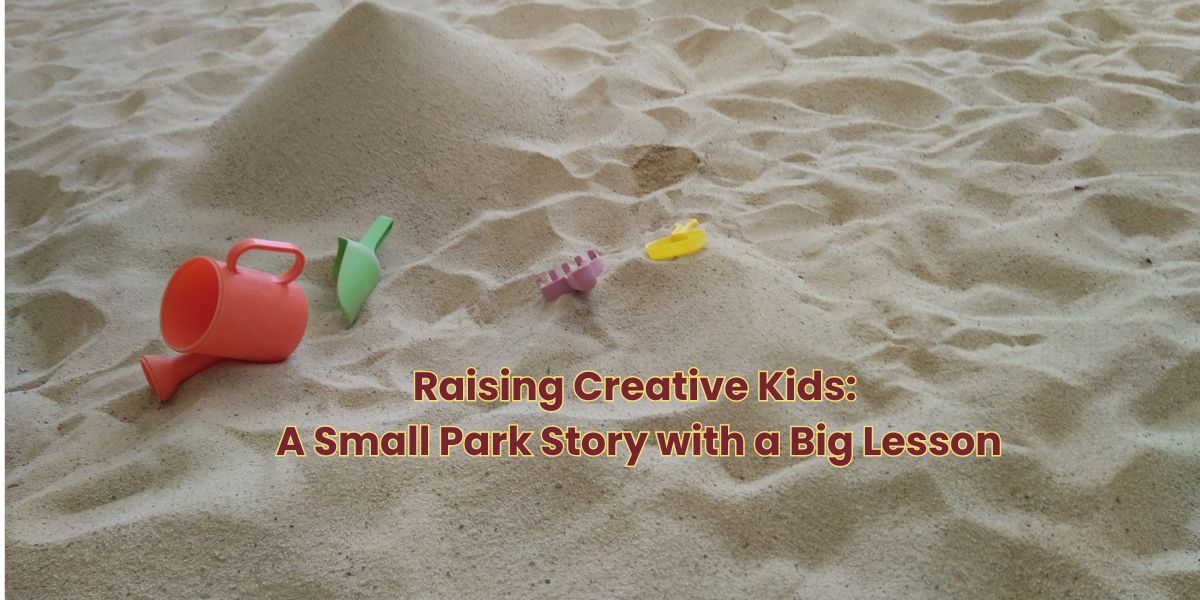
Rediscovering Language’s Rare Gems That Enrich Our Minds and Hearts
Rediscovering Language’s Rare Gems That Enrich Our Minds and Hearts
by Janaki K.B
“Language is the road map of a culture. It tells you where its people come from and where they are going.” – Rita Mae Brown.
Yet today, that map has torn corners. Over the past century, English has quietly dropped thousands of beautiful, expressive words. Words that painted feelings, described weather with poetic precision, and captured thoughts in ways modern vocabulary simply can’t.
We’ve swapped “quaint” for “cool,” “gloaming” for “evening,” and lost the delicate charm that made English not just a means of communication, but an experience.
It’s time we brought some of that richness back. Not just for nostalgia’s sake, but for our children, for our writing, and for a more expressive future.
Why Words Disappear
Words vanish for many reasons. Some fall out of fashion. Others get replaced by simpler or more commonly used synonyms. Technology also plays a role, speeding up language evolution like never before.
Think about it. When was the last time someone said “snollygoster”? It means a dishonest but smart person, basically every villain in a story! Or “dwale,” once used for confusion or stupor. These words didn’t become less useful. They just got quietly left behind.
But here’s the good news: language is alive. And that means we can choose to revive what we’ve lost.
The Value of Forgotten Words
Why should parents and students care? Because vocabulary isn’t just about sounding smart, it shapes how we think.
Words give form to thoughts. When we expand a child’s vocabulary, we’re not just giving them new tools to express themselves, we’re teaching them to notice more, to feel more, to imagine more.
For example:
- Apricity: the warmth of the sun in winter
- Susurrus: the sound of whispering leaves or soft murmuring
- Curglaff: the shock felt when plunging into cold water
These words open doors to poetic thinking. And they make writing and reading an adventure.
How to Bring These Words Back Home
Let’s get practical. Reviving lost words doesn’t mean stuffing your child’s vocabulary with awkward or unpronounceable terms. It means introducing new-old words naturally, playfully, and meaningfully. Here’s how:
-
Word of the Week
Pick one forgotten word each week. Write it in the fridge. Use it in three sentences a day. Challenge your child to find situations to use it too.
-
Make It a Game
Turn word-learning into a treasure hunt. “Who can use quaintrelle (a woman who emphasizes a life of passion, expressed through style and charm) in a sentence at dinner?” Make it fun, not forced.
-
Connect with Emotion
Teach not just what the word means, but what it feels like. “Overmorrow” means the day after tomorrow. It holds anticipation, doesn’t it?
-
Write with Them
Encourage short stories, poems, or even journal entries that use a few old words. The act of writing cements learning far better than flashcards ever can.
Where to Start: 10 Words to Reclaim Today
Here’s a list of forgotten gems to explore together:
- Apricity – warmth of sun in winter
- Snollygoster – a shrewd, unprincipled person
- Brabble – to argue loudly about nothing
- Curglaff – the shock from cold water
- Quaintrelle – a woman devoted to beauty and style
- Susurrus – whispering or rustling sound
- Limerence – the feeling of being infatuated
- Philoprogenitive – fond of children
- Groke – to stare longingly at someone’s food
- Overmorrow – the day after tomorrow
Use them. Speak to them. Write them. Let them live again in your family’s language.
For Schools and Educators: A Thoughtful Addition
Teachers — sprinkle these into class readings or discussions. Introduce them through word walls or classroom challenges. Lost words are a brilliant way to deepen students’ appreciation for literature, especially poetry and classics.
Imagine reading Shakespeare or Emily Dickinson with “limerence” or “susurrus” freshly understood. These words are not just definitions, they’re keys to meaning.
In Closing: A Language Worth Loving
The soul of a language isn’t just in its grammar. It’s in the words we choose to keep.
Let’s help the next generation not just speak English, but feel it. Bringing back these lost words, slowly, intentionally, can add color, richness, and joy to everyday communication.
And honestly? It’s fun.
So next time you see sunlight warming your window in January, smile and say it out loud: apricity!
The words are waiting. Let’s bring them home.



